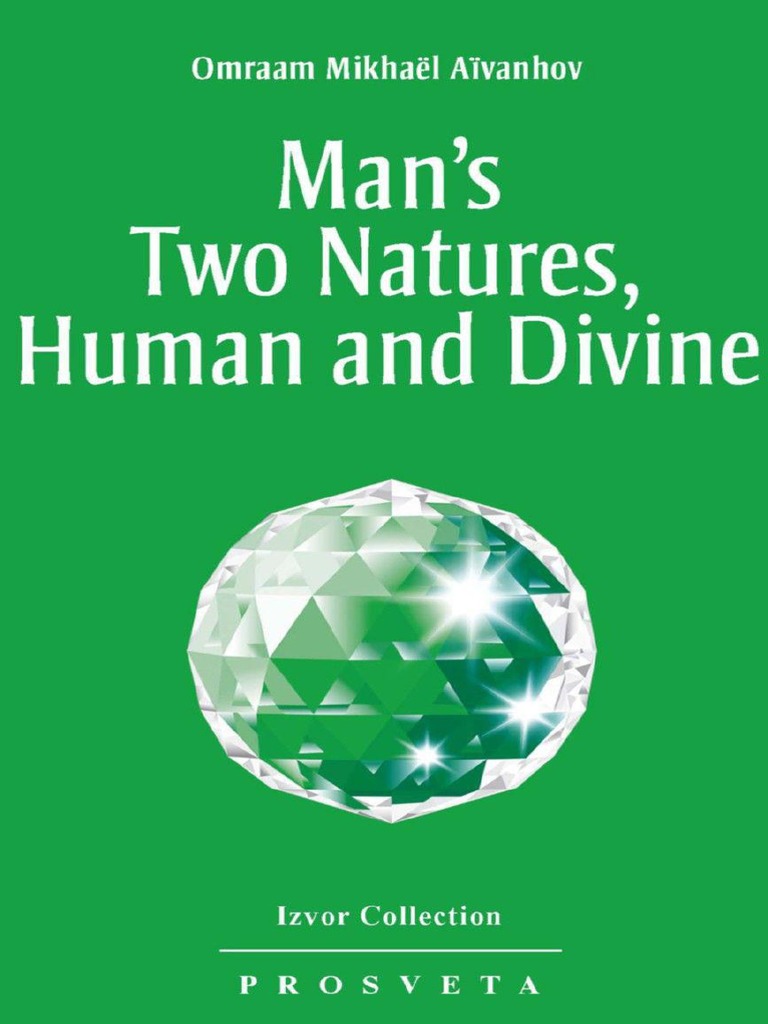The concept of the natures of man within the Bahá’í teachings presents an intricate tapestry woven from the threads of spiritual philosophy and human psychology. At the confluence of these realms lie three distinct but interrelated aspects of human existence: the animal, the human, and the divine. Each of these natures offers a unique perspective on the multifaceted experience of being human and serves as a foundation for understanding the potential that resides within us all.
The animal nature embodies the instinctual drives and urges that define much of our existence. This aspect aligns with our biological and evolutionary heritage, encompassing basic physiological needs such as hunger, thirst, and reproduction. It is characterized by a kind of primal energy that fuels our desires and motivates our actions. However, reducing the entirety of the human experience to this singular dimension would be both misleading and reductive. The animal nature, while vital for survival, often operates on a level of limited awareness, primarily focused on immediate gratification and self-preservation. This nature aligns us with the broader tapestry of life, where instinct reigns supreme and survival of the fittest is the norm.
In stark contrast, the human nature – often perceived as the most intricate layer of our being – serves as the bridge that connects our primal drives with the loftier aspirations inherent in our divine nature. This intermediate dimension is imbued with consciousness, reason, and ethical consideration. It enables reflection and self-awareness, allowing individuals to make choices that transcend mere instinct. The human nature is where intellectual pursuits and artistic expressions flourish, giving rise to culture, social structures, and the complexities of interpersonal relationships. This nature nurtures compassion, empathy, and the ability to engage in meaningful dialogues that foster understanding among different peoples.
However, what truly distinguishes the Bahá’í perspective on human existence is the emphasis on the divine nature, which speaks to our capacity for spiritual evolution. This facet represents the higher ideals and principles that elevate humanity beyond mere existence. It is characterized by qualities such as love, unity, and forgiveness, pointing towards a potential for greatness that lies dormant within each individual. The divine nature is not an immutable gift but rather an active pursuit, necessitating conscious cultivation. It demands a transformation and an attention to enlightenment that transcends material concerns.
The interplay among these three natures creates a dynamic landscape of human experience. In Bahá’í thought, recognizing and nurturing our divine attributes is essential for transcending the limitations imposed by our animal instincts. Just as the seed of a tree contains the potential for mighty branches and leaves, so too does every individual harbor the capacity for divine expression. The challenge lies in breaking through the chains of our animal inclinations to realize the magnificent expanse of our spiritual potential.
One can conceive of the human experience as a grand symphony, with the animal nature representing the rhythmic bassline, providing the necessary foundation for life. The human nature contributes the melody, weaving through the complexities of existence and enabling the expression of our thoughts, feelings, and social interactions. In this analogy, the divine nature emerges as the crescendo, infusing the entire composition with purpose and meaning. It is this harmonious interplay that can lead to the profound realization of our shared humanity, engendering a greater sense of community and unity among diverse populations.
In practical terms, the path to nurturing our divine nature encompasses spiritual practices, such as meditation, prayer, and acts of service. These endeavors foster a deep connection with the transcendent and provide a framework for practicing the virtues extolled in Bahá’í teachings, such as justice, kindness, and humility. Engaging in these activities unveils a sanctified existence that reaches beyond individual concerns, ultimately contributing to the betterment of society.
The amalgamation of the animal, human, and divine natures invites a nuanced understanding of human behavior, particularly within the context of social challenges. Many conflicts arise from a failure to recognize this intricate balance. Individuals who operate primarily from their animal nature may exhibit aggression, fear, and avarice, leading to societal strife and discord. Conversely, those who harness their human and divine natures may rise against injustice, promoting peace, understanding, and collaboration. This awareness is pivotal as we navigate a world marked by division, prompting a collective awakening toward a more unified existence.
To encapsulate, the Bahá’í teachings illuminate the significance of acknowledging the multifaceted nature of humanity. The intertwining threads of the animal, human, and divine create a rich fabric that underscores the potential for profound transformation. Through conscious effort and spiritual discipline, individuals can elevate their existence, fulfilling not only their personal journey but enhancing the collective experience of humanity. Embracing this holistic understanding offers a pathway that transcends limitations, inspiring a quest for unity and peace that resonates deeply within the heart of every seeker of truth.
